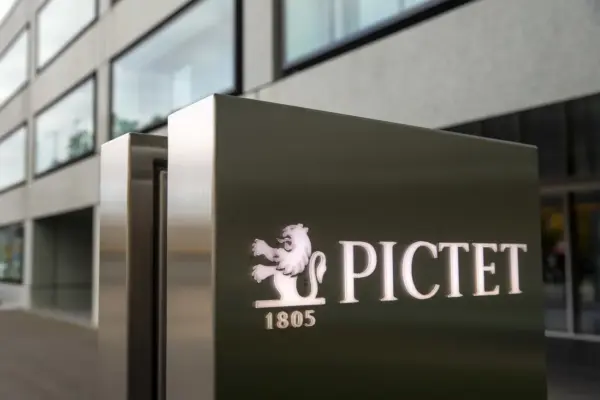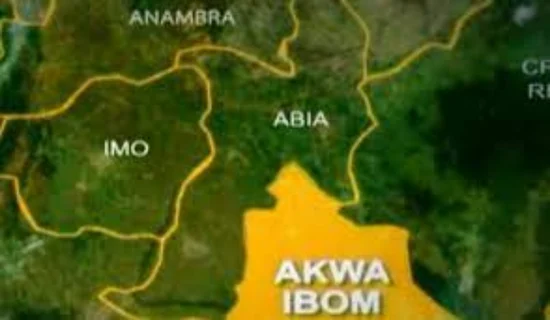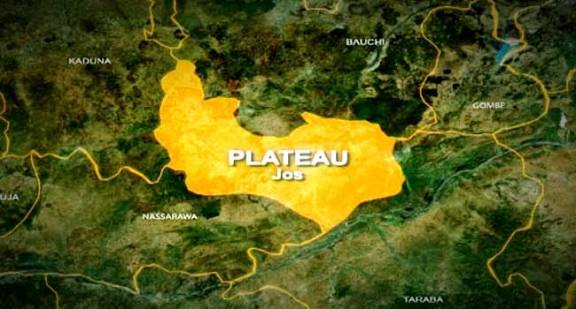Elon Musk’s billionaire satellite business, Starlink, is collaborating with Jumia Technologies AG to improve satellite broadband services throughout Africa.
According to The Times, Starlink satellite terminals and kits will be made available on Jumia in a few African nations thanks to investors including Pernod Ricard SA and Goldman Sachs Group Inc.
According to Jumia’s Chief Commercial Officer, Hisham El Gabry, the maiden rollout would happen in Nigeria in the coming weeks.
Jumia successfully penetrates the market and promotes itself as the go-to location for people interested in buying these kits.
This exclusivity in sales and distribution places Jumia as a major player in this industry and gives it a distinctive competitive advantage potentially bolstering its market share and influence within the region.
“Starlink has conducted similar transactions in South America and Southeast Asia, and now Africa will also have access to these high-speed internet services,”
“The plan is to start selling through our sites and agents in Nigeria this month, and then Kenya,” he stated.
Although major tech companies have looked into innovative methods, their attempts to bring high-speed internet to Africa have been unsuccessful, forcing them to come back to traditional fibre and undersea cable infrastructure.
For instance, Facebook had to cease a project to build a sizable drone for high-altitude communication across a continent that it had started under Meta Platforms Inc.
While Project Loon, run by Alphabet Inc.’s Google, pursued a similar project using helium-filled balloons, it was eventually abandoned two years ago.
Elon Musk’s network of tens of thousands of tiny satellites, which communicate via user terminals, has the ability to connect people across vast continents.
However, the price of a typical Starlink terminal in Nigeria, which is 435,000 naira ($557), might be a deterrent.
When we began constructing an African e-commerce business, we had to create our own business models, transportation network, and, to some extent, maps.
Therefore, El Gabry remarked, “We have the necessary knowledge in navigating the retail and goods landscape in Africa.
El Gabry disclosed Jumia’s long-term strategy for distributing Starlink’s goods throughout its 11-market footprint in Africa.
SpaceX’s Starlink internet service, which was been introduced in Nigeria, aims to increase internet access in remote and underserved places worldwide.
Due to Starlink satellites’ greater proximity to Earth than conventional satellites over 60 times closer, they have lower latency and can offer services that are normally not supported by ordinary satellite internet.
Recent statistics from the Nigerian Communications Commission show that just 140 million of the 200 million people in the country, or around 47 percent, are currently online in Nigeria.
Through a constellation of low-earth orbit satellites called Starlink, high-speed internet connection is offered to remote and underserved regions.
Local ISPs may be prepared to expand their services to places previously deemed too remote or expensive to serve thanks to this new relationship with Jumia.











